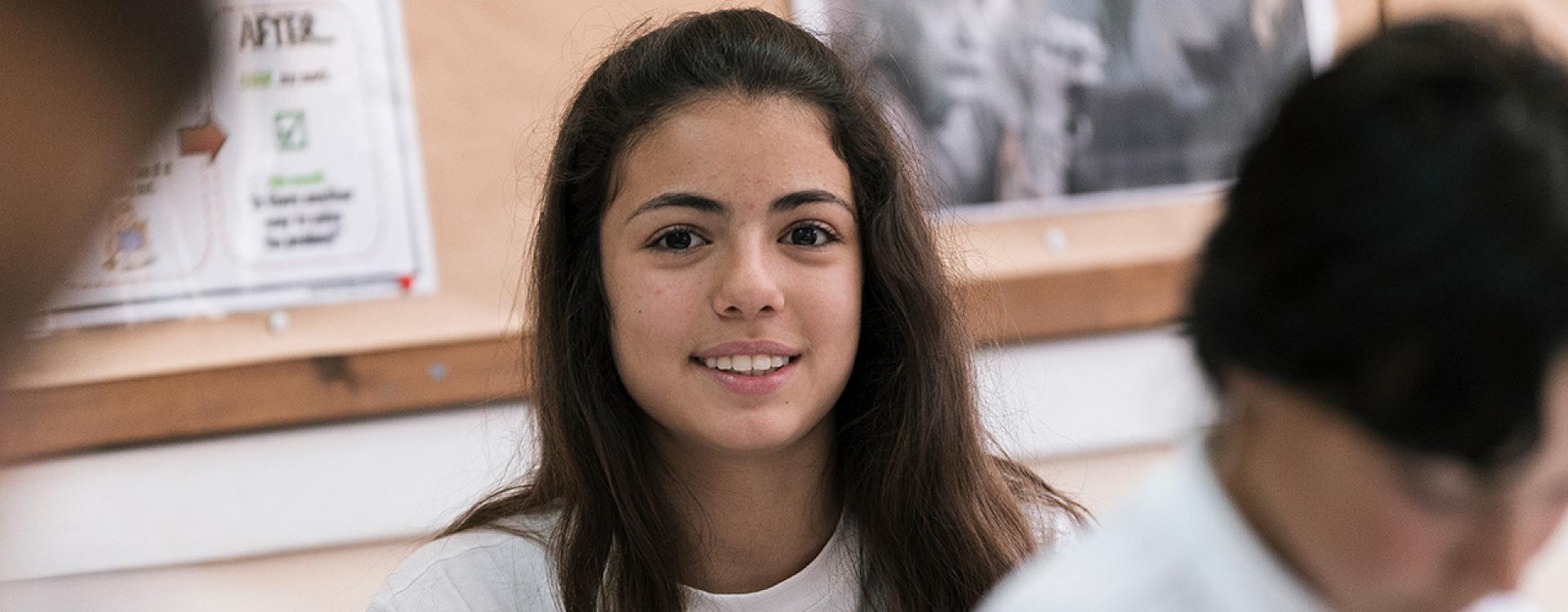Key Stage 3 (Years 7-9)
Key Stage 3 is the first stage of British education that is in secondary (senior) school. For the first time in their education, a pupil will have ten specialist subject teachers across the eleven subjects that they will learn. These subjects are Mathematics, English, Greek, Science, History, Geography, Information Technology, Art & Design, Music, a third language (French or Spanish) and Physical Education (swimming, football, basketball and volleyball). Of these subjects, Mathematics, English and Greek are streamed on ability.
Pupils are carefully assessed throughout these three years of their education. This is achieved in a variety of ways through formative and summative assessment techniques with unique statistical and descriptive analytical information being communicated to parents regularly. End of year internal examinations not only provide an opportunity to assess learning that has occurred but help develop skills of examination preparation and the resilience to cope with the public examination process that is ahead of these pupils.
These three years of school are immensely important to the educational development of a child. They enter this Key Stage from primary (junior) school and leave it to start IGCSE public examination courses. This Key Stage does so much more than take a child forward in their understanding of the subject matter they are studying. It is during this Key Stage that children learn to work with a range of specialist teachers who each have a different style and slightly differing expectations of their classes. Pupils learn how to interact with and work with different adults and different sets of children. Their organisational skills develop as they learn to cope with the demands of different subjects with multiple deadlines and study skill requirements. Pupils also, of course, start to develop definite preferences for subject areas which are the first indications of where they may choose to specialise in the future.




